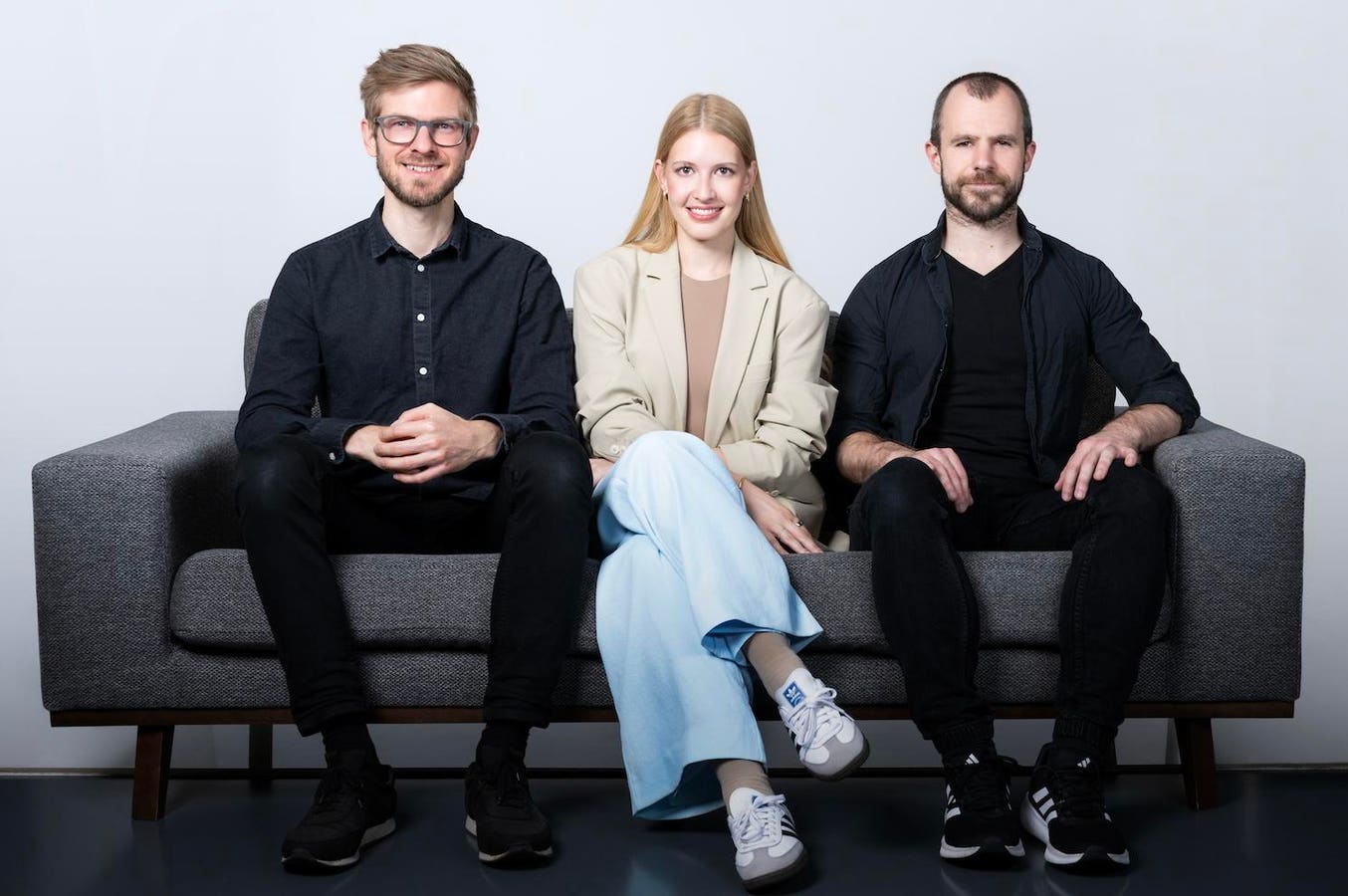DeepJudge founders (left to right): Kevin Roth, Paulina Grnarova and Yannic Kilcher
DeepJudge
Google search and ChatGPT are great for sorting through the masses of publicly available information on the internet. But for law firms, that’s only so helpful. That’s why multiple former Googlers have started a legal tech company that helps lawyers search through and find confidential material within their firms’ archives.
“Currently, every single law firm has access to the same large language models like ChatGPT, to the same public information on the internet, but what the others don’t have is the data that they have produced themselves—that is their true competitive power,” said cofounder and CEO Paulina Grnarova, an AI researcher who previously worked for Google.
Now, the Zurich-based company has closed a $41 million Series A round led by Felicis and prior investor Coatue, giving the company a $300 million valuation.
For customers like law firm Gunderson Dettmer, DeepJudge has unlocked the massive amounts of information the firm has gathered over its 30 years in existence. CIO Joe Green said before signing on with DeepJudge, he realized that the AI applications the firm was using weren’t tapping into the full extent of its archives. Instead, lawyers had to search through, gather and then upload documents into the models to help them summarize, extract data points from or analyze their past work. That’s no simple thing: Gunderson Dettmer has worked on nearly 2,000 financial transactions in the last few years, an especially complicated prospect when lawyers have dozens of versions of the same document as it’s been refined. Before DeepJudge, some searches would require lawyers to individually open each document version to check if it was what they were looking for.
In contrast, DeepJudge builds a customized index of a law firm’s data, similar to an index of internet archives underlying the Google Search engine. This index acts like a map, listing what words and phrases appear in which documents, tagging the data accordingly and making necessary connections—for example, categorizing similar types of deals or clients together. DeepJudge then plugs that index into whatever AI model the law firm is already using—whether that be ChatGPT, Azure AI or any other open source model. This enables lawyers to input questions such as, “When have we done a deal like this before?” or “Who is an expert on this matter in the London office?” so the AI model can reference the index to create a comprehensive search result specific to the law firm.
The index, which can take up to three weeks for DeepJudge to build for each client, also aims to solve an even more pressing issue: hallucinations, where AI models make up information. That’s a particularly big issue for lawyers. Already, more than 120 cases of hallucinations in court filings have been identified since 2023, according to law firm Baker Donelson.
“Everybody—legal of all things—really can’t afford the hallucinations,” said Coatue partner Caryn Marooney, who also invested in the company’s seed round in June 2024. DeepJudge’s indexing system is designed to provide more context to AI models so they’re less likely to hallucinate. “When you are searching and indexing your own information, you’re creating all of these layers of context so when it’s being put into AI, it takes the hallucinations down so dramatically,” she said.
Grnarova met cofounders Kevin Roth and Yannic Kilcher while the trio were pursuing PhDs in AI from ETH Zurich and working during their studies as researchers at Google’s Zurich office. Their PhD advisor had founded a company in the legal technology space and encouraged the students to take courses in the legal department. In one legal technology class, they started a project to create customized search engines for law firms. “Some of the local Swiss law firms learned about the project and they started approaching us,” Grnarova said. “They said if you can really solve this, we’re going to be the first ones to buy. And once we did, they did buy.”
Since the company’s founding in 2020, DeepJudge has expanded out of Europe and onboarded large U.S. law firms including Holland & Knight, Cozen O’Connor and ArentFox Schiff.
But especially in the U.S., DeepJudge faces stiff competition as investors and law firms pour money into legal AI companies. In September, Forbes reported legal AI startup Legora was in the process of raising $150 million at a $1.8 billion valuation, a deal that closed last Thursday. Last Wednesday, Forbes reported legal AI startup Harvey closed a $150 million funding round at a $8 billion valuation.
With the new capital, Grnarova said the team will expand its engineering team as it pushes further into the U.S. “We’re squarely entering this act two about being a bit louder, getting this in the hands of more lawyers and hiring a bigger sales team,” Felicis partner James Detweiler said.

